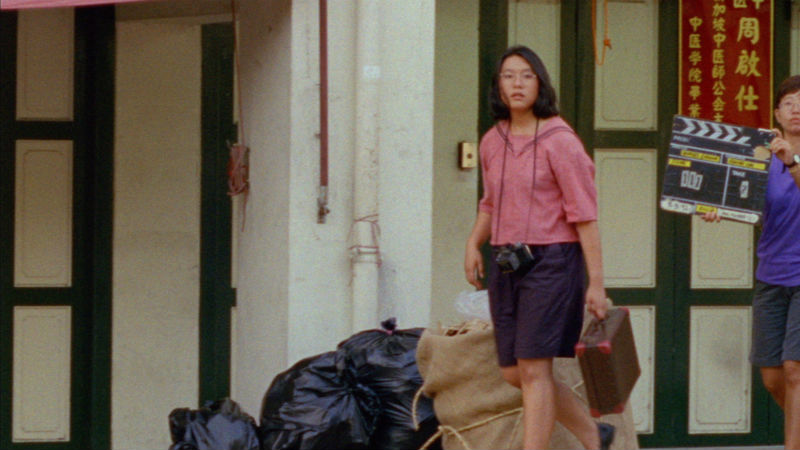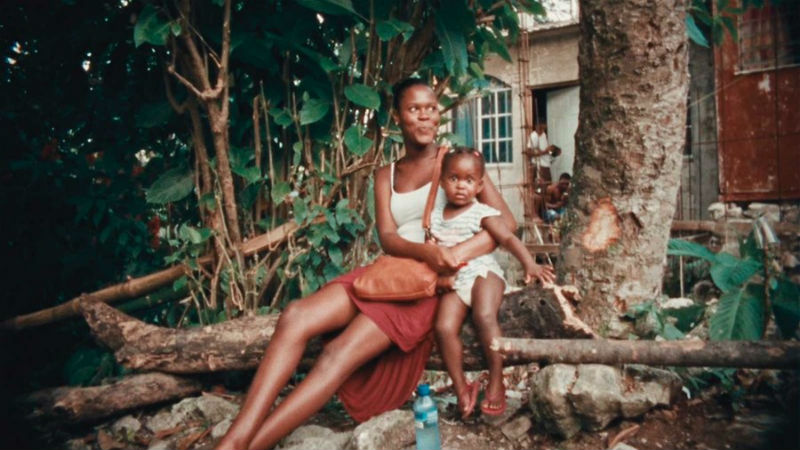




Sheffield Doc/Fest provides a real treat for those interested in innovative non-fiction cinema, and this year’s 25th edition proved no different, to the joy of 30,000 odd attendees. The most remarkable element of the Festival is how well programmed it is. Each screen seems to host a certain type of film. For example, The Showroom screen 4 hosts much of the high profile work, while foreign oddities permeate the Light Cinema 8. This becomes an easy way to sense what you’re getting yourself in for, and festival goers could easily sit in one screen all day without losing patience.
Between his jury presence, talks, and the UK premiere of his latest film, there’s more Mark Cousins than you can shake a selfie stick at (hyperbolic poet that he is, he’d probably describe a selfie stick as the quill for the modern age). His The Eyes of Orson Welles (pictured at the top of this article) premiered in The Odeon, which carves a space for itself as an area for more cult documentaries about cinema itself, such as The Insufferable Groo, an awkwardly funny film about useless filmmaker Stephen Groo’s attempts to cast Jack Black.

.
Dangerous film liaisons
I found strange connections on my Saturday night between The Eyes of Orson Welles and Mexican high school drama Antigone (Pedro Gonzalez-Rubio) through to Shirkers (pictured above). Each film seemed to inform the next one. The addition of a live musical performance to evening screenings, like Gaika with Black Mother (Kalik Allah; pictured below), Weish’s electronic gig following Shirkers, or Linn da Quebrada’s incredible performance following Tranny Fag (Kiko Goifman; pictured at the bottom), gives these events a headline feel, and raise your energy after 12 hours of back to back screenings.
Mention has to go to Sheffield’s paperless ticket system, which is the most efficient I’ve come across at a UK festival. You book the tickets online, they go straight onto your pass, which gets you straight into the screen. If you’re not there five minutes before the movie starts, you ticket gets given to those in the standby queue. This gets the people in their seats fast and meant a majority of films were playing to a packed crowd.

One such film was Nathanial Dorsky’s latest, the 7 film Arboretum Cycle, which received its international premiere on Sunday afternoon. Projected on 16mm, this is a true indulgence for fans of experimental cinema. Over 2 ½ hours he plays with light and colour in the forests of California after a long drought. It’s like dropping acid, or drifting in and out of sleep, or any of the other cliches. Programming Arboretum at this point in the festival is a stroke of genius for those who need to leave themselves at the door for a little while.
While this is an incredible event for dedicated cinephiles, one wonders about their outreach efforts. Aside from an outside screen playing short docs, there are few free events. Locals who I spoke with complained that the event hadn’t been advertised enough within the city itself, which they saw as an elitist attempt to retain a certain type of visitor. Others mentioned being priced out of the festival entirely. I must confess I barely heard an accent from further north than Birmingham, though this is an internationally diverse event and certainly one geared towards an insular industry.

.
Young and keen
The youth jury programme is an excellent initiative created in order to to encourage young people to attend, their selection is full of work that will interest creative young people. There is indeed an abundance of young cinephiles stalking the halls of the Showroom. They are giving a leg up to people at the start of their careers, putting them in the same space as the biggest people in the industry. Doc/Fest is an essential, generous festival full of empathy and friendly faces. The film selection offers something for people of every background, you just need to know to search for it.





















